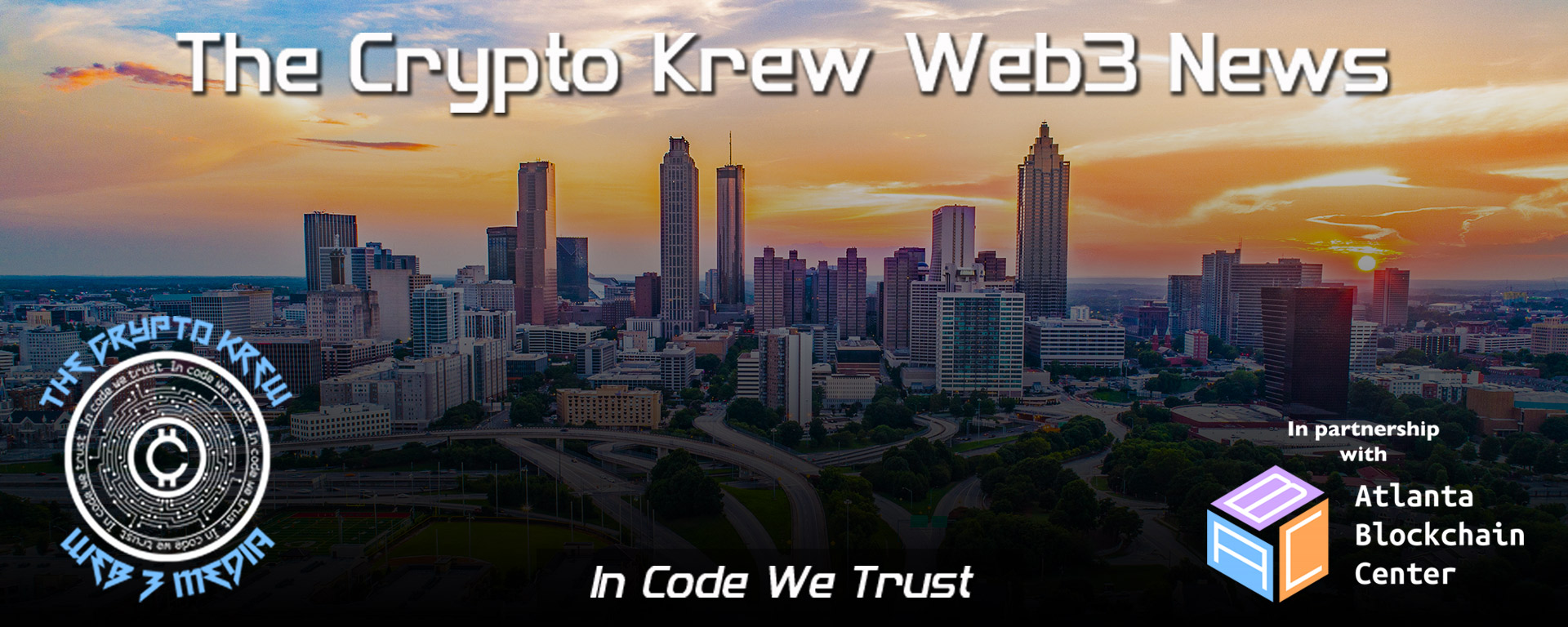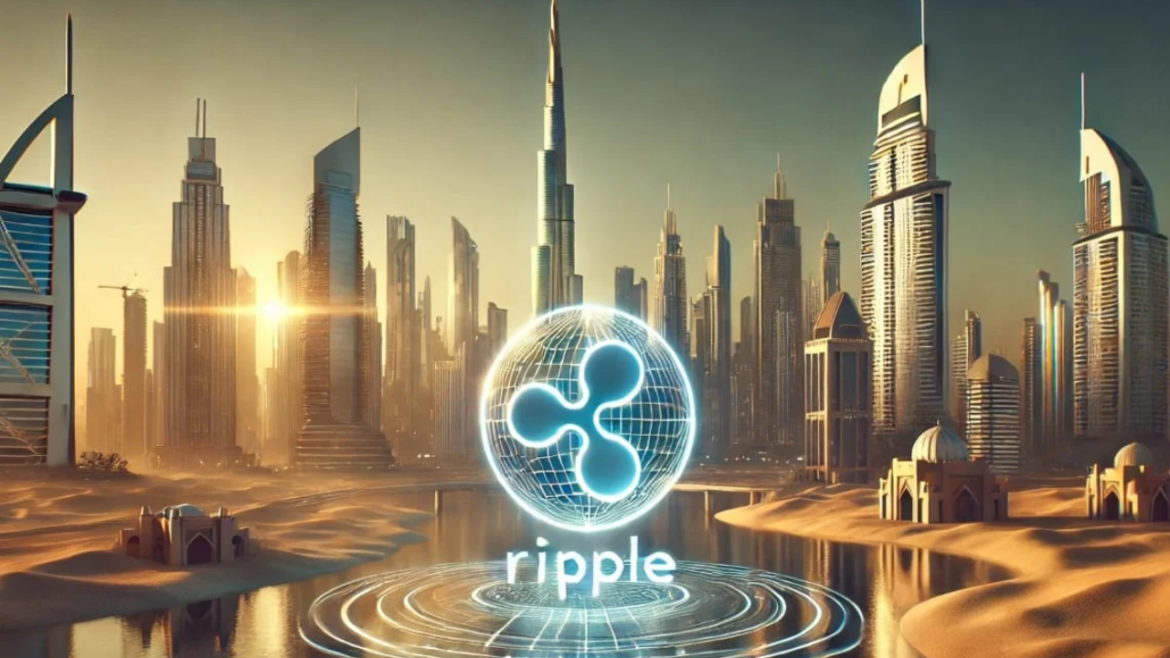Ripple has received in-principle clearance from the Dubai Financial Services Authority (DFSA) to expand its services from the Dubai International Financial Centre (DIFC), marking an important milestone in its worldwide expansion plan. The announcement stated that this authorization allows Ripple to introduce enhanced cross-border payment services, including Ripple Payments Direct (RPD), in the United Arab Emirates (UAE).
The DFSA’s approval allows Ripple to expand its enterprise-grade digital asset infrastructure to a larger client base in the UAE, in line with its aim to provide quicker and more cost-effective cross-border payment solutions. Ripple highlights the significance of regulatory compliance and investment in crucial infrastructure, including liquidity and custody solutions, to support efficient fiat-digital asset transactions.
Ripple CEO Brad Garlinghouse complimented the UAE’s regulatory framework, saying, “Blockchain and cryptocurrency technologies are here to stay.” He emphasized that the UAE’s innovative regulatory stance places it at the forefront of financial technology innovation. Ripple, the first blockchain payment services provider approved by the DFSA, is set to reshape the UAE’s financial landscape.
The DFSA’s in-principle license clearance reinforces Ripple’s aim to extend its footprint in the Middle East, which follows the construction of its regional headquarters in Dubai in 2020. The UAE’s key role as a financial hub influenced Ripple’s decision to expand in the region, offering access to rapidly growing markets in the Middle East, Africa, and South Asia.
Salmaan Jaffery, Chief Business Development Officer of the DIFC Authority, highlighted Dubai’s commitment to fostering a future-focused financial ecosystem, expressing pride in Ripple’s expansion within the DIFC and its role in advancing blockchain technology in the region.
On September 26, Dubai’s Virtual Asset Regulatory Authority (VARA) set stricter rules for companies promoting crypto investments in the UAE. Now, all marketing materials must include a disclaimer to ensure transparency and protect investors. This step is part of VARA’s effort to improve regulation in the digital asset space.
- Nigeria Takes Lead in Global Cryptocurrency Adoption
- Thailand Approves its First Spot Bitcoin ETF
- South Korea Launches Real-Time Crypto Surveillance System
- Asia’s Crypto Adoption: Hong Kong Official Plots Rules For Stablecoins, Crypto OTC Services
- Revolut Enables Crypto Purchases For U.K. Users, Directly into MetaMask Wallets, With Revolut Ramp
- Japanese Exchange DMM Bitcoin Hacked for $308 Million
























































